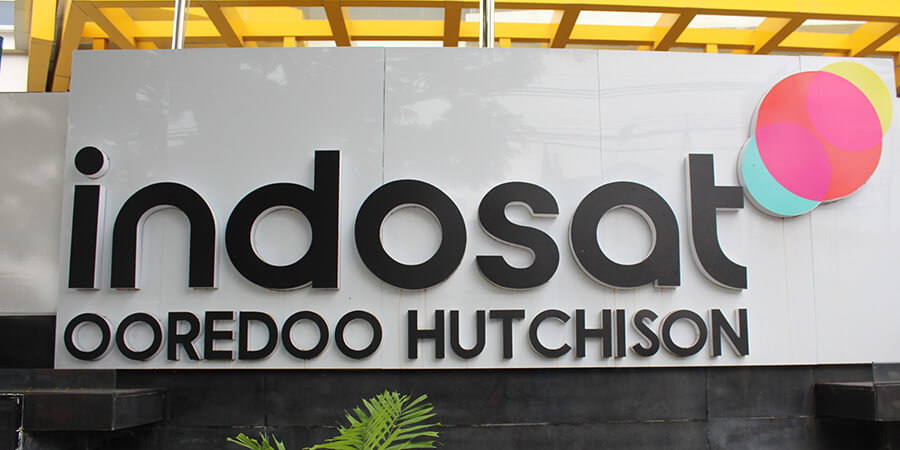President Yoon Suk Yeol of South Korea has introduced a support package worth KRW 26 trillion (USD 19.1 billion) for the nation’s chip manufacturing sector, encompassing financial assistance, infrastructure development, research and development initiatives, and support for small and medium-sized enterprises (SMEs).
Yoon reportedly indicated that a semiconductor financial support program totaling KRW 17 trillion, overseen by the Korea Development Bank, would enable companies to prepare for new investments.
The incentives further comprise a KRW 1 trillion fund aimed at assisting fabless companies and SMEs operating within the sector. Finance Minister, Choi Sang-mok, disclosed in mid-May that the program also encompasses KRW 10 trillion in funds designated to support domestic manufacturers of chips and associated components and materials.
Yoon reportedly mentioned that the government intends to extend tax benefits for chip investments in order to stimulate employment growth.
Furthermore, Choi previously stated that he is collaborating with the government to extend a sunset clause related to investment tax credits for strategic technologies, which is set to expire. Additionally, they aim to broaden the scope of research and development (R&D) investment tax credits.
Telecom Review Asia Pacific Exclusive Feature: China’s Directive for Chip Independence Amidst US-China Tech Rivalry
South Korea’s Semiconductor Sector
The semiconductor sector is a cornerstone of South Korea’s economy, profoundly influencing its export landscape. This industry not only drives technological innovation but also underpins the nation’s economic stability and growth. As a global leader in semiconductor manufacturing, South Korea relies heavily on this sector for trade surpluses and job creation. The advancements and successes within this field underscore the nation’s strategic emphasis on maintaining a competitive edge in global markets. The economic health of South Korea is closely tied to the performance of its semiconductor industry, reflecting its critical role in the broader economic framework.
In December 2023, the semiconductor giants Samsung Electronics and SK Hynix demonstrated exceptional growth, highlighting the robust nature of South Korea’s semiconductor sector. Samsung and SK Hynix, key players in the global semiconductor market, reported a 42% year-on-year increase in chip production. This surge represents the most significant growth since early 2017, illustrating the companies’ capacity to scale operations and meet burgeoning global demand. The impressive production figures underscore the resilience and strategic foresight of
South Korean semiconductor firms in navigating supply chain challenges and technological advancements.
Moreover, shipments from these industry leaders saw a staggering 80% increase, the highest since late 2002. This remarkable growth in shipments signals strong international demand for South Korean semiconductors, reinforcing the country’s position as a critical supplier in the global tech ecosystem. The substantial rise in shipments also highlights the efficiency and effectiveness of South Korea’s logistics and export strategies. This dual surge in production and shipments not only boosts South Korea’s economic performance but also cements its status as a pivotal player in the global semiconductor industry, driving innovation and sustaining economic momentum.
Latest Industry News: South Korea Pledges USD 6.94 Billion Investment in AI







